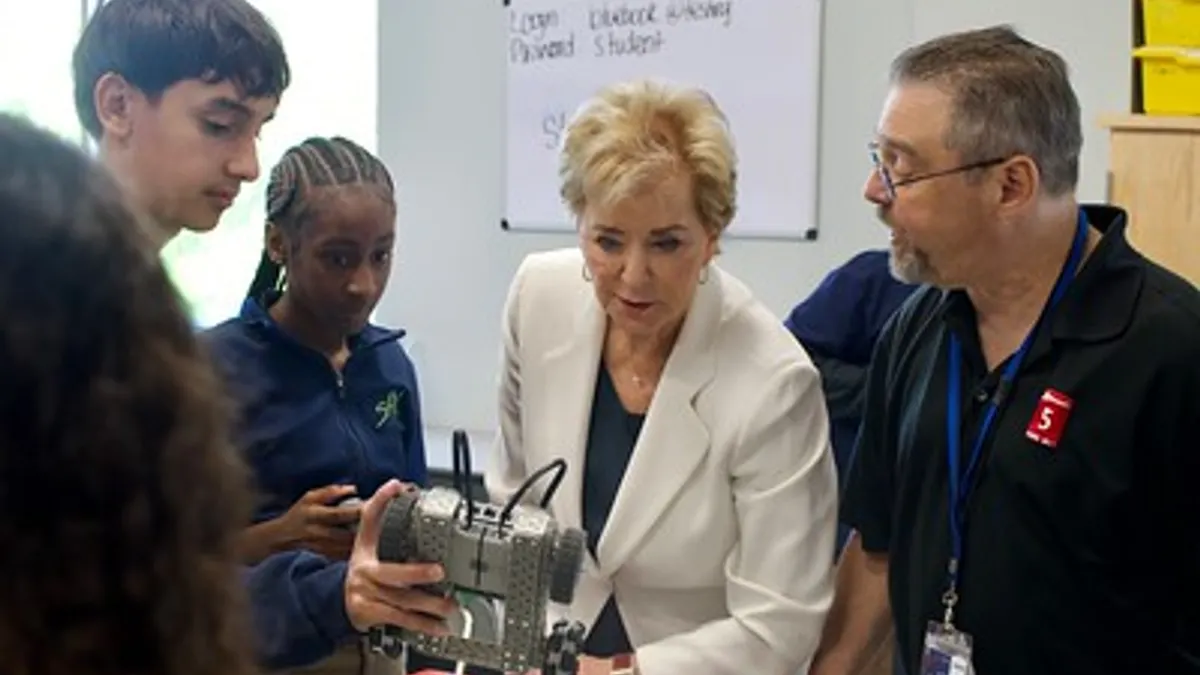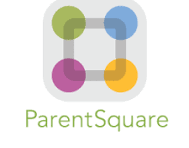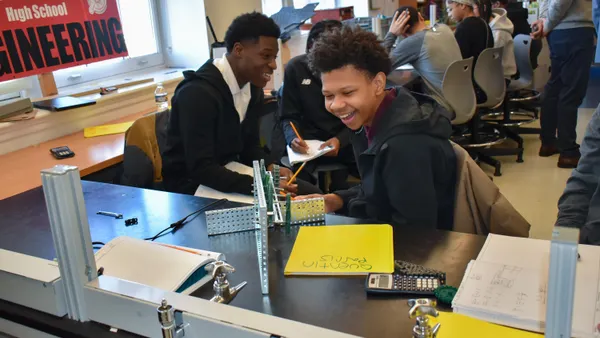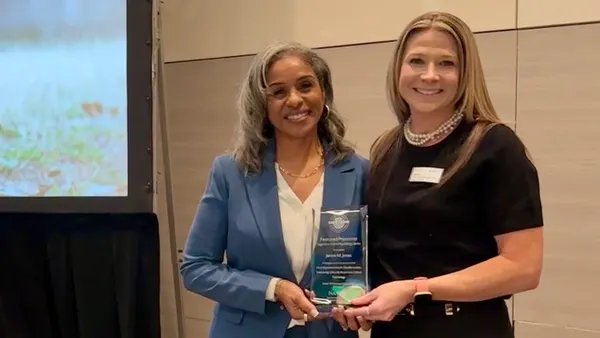Dive Brief:
- Charter schools focused on serving students with disabilities enroll more White students and fewer Black students than charter schools overall, according to an analysis of data by the Center for Learner Equity.
- The center — a nonprofit that supports inclusive school approaches — found during the 2021-22 school year the largest number of specialized charter schools served students with two or more disabilities. The second largest category, schools serving students with autism, represents 27.3% of specialized charter schools.
- As charter school interest and enrollment grows, the Center for Learner Equity cautions charter authorizers, state policymakers and school leaders to ensure that each school meets high academic standards for all students and protects each student’s legal rights.
Dive Insight:
While specialized charter schools may offer unique learning programs tailored for a specific disability, school leaders and management organizations should ensure they are following nondiscrimination laws and are giving students inclusive opportunities, CLE advises.
The center found that there were 154 specialized charter schools with a total of 20,044 students. These schools have a special education focus or have at least 50% of its population identifying as students with disabilities.
While specialized charter schools only represent 3% of all charters nationwide, they can "create tension with long-standing goals to provide students with disabilities access to inclusive learning environments alongside non-disabled peers," a May 12 statement from CLE said.
Specialized charter schools enrolled a larger proportion of White students compared to charter schools overall at 40.6% vs. 29.5% in the 2021-22 school year and enrolled a slightly smaller proportion of students identified as Black than all charter schools at 24.4% vs 26.3%, the report said.
Much of the growth in specialized charter schools over the past decade is in just a few states. Over half of the nation’s specialized charter schools were in Florida, Ohio and Texas in 2021-22.
The report also said there were 66 alternative specialized charter schools with 6,959 students. These schools had at least a 25% student population with disabilities, and the schools were identified as serving at-risk students — including students involved in the juvenile justice system or who have substance use disorders.
Many of these schools are in Texas, Michigan and New York.
Alternative specialized charter schools enroll a greater proportion of Black students compared to charter schools overall at 36.5% vs. 24.4%.
The center used figures from the 2021-22 Civil Rights Data Collection to analyze specialized charter schools focused on students with disabilities and to reveal trends in how they serve students.
Regarding discipline, the center found that in 2021-22, specialized charter schools were slightly less likely than charter schools overall to issue in-school suspensions to students with disabilities but slightly more likely to issue out-of-school suspensions.
The center's research follows several other reports released last year by the organization regarding students with disabilities experiences in schools, particularly in charter schools.
Additionally, the U.S. Department of Education on Friday announced it was increasing federal charter school funding for the current fiscal year by $60 million for a total budget of $500 million.
"With more dollars going toward education choice and a new grant opportunity to help highlight best practices, we hope to pave the way for more choices, better outcomes, and life-changing opportunities for students and families,” U.S. Education Secretary Linda McMahon said in a statement Friday.
For the next fiscal year that begins Oct. 1, the Trump administration is proposing a $60 million boost to charter school funding while at the same time recommending a 15% cut, or $4.5 billion, from the current appropriated levels for the entirein the Education Department's K-12 budget.
McMahon will appear before a House Appropriations subcommittee on Wednesday in Washington, D.C., to discuss the FY 2026 education budget proposal.













